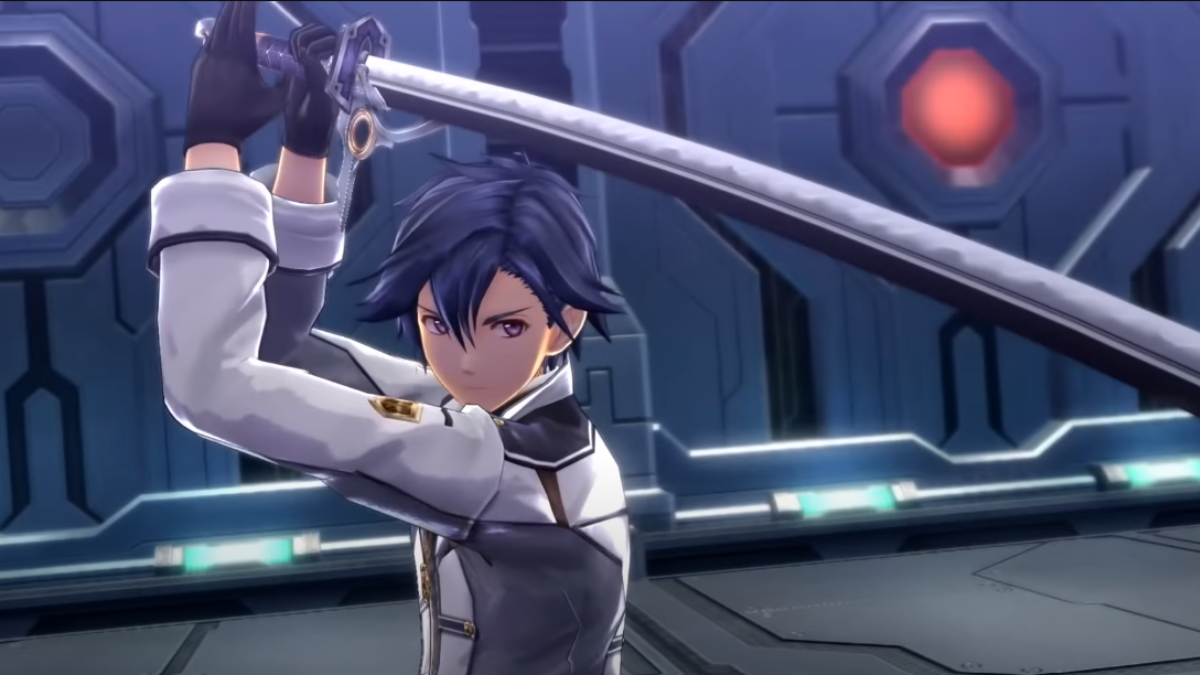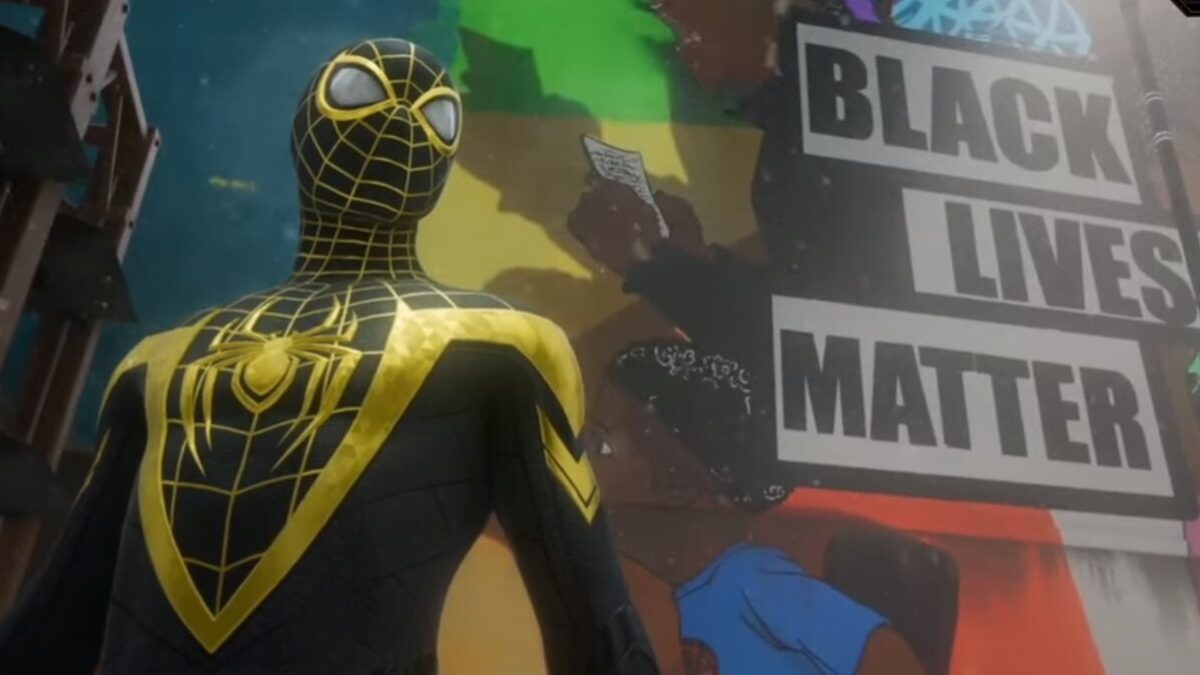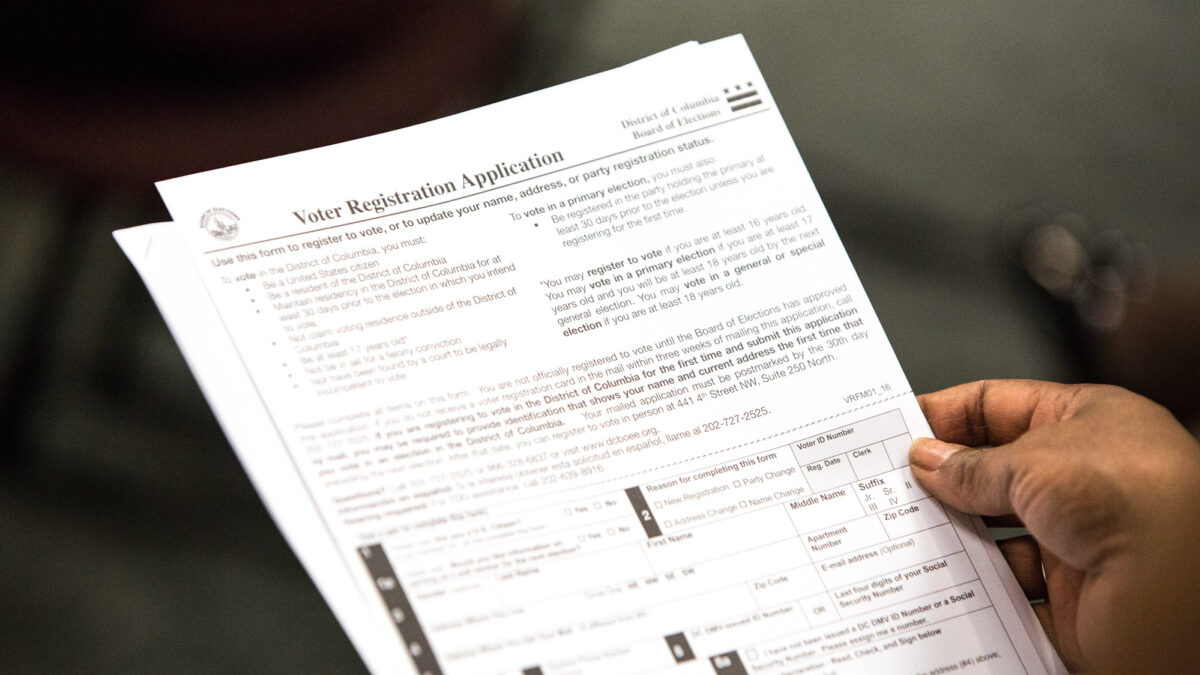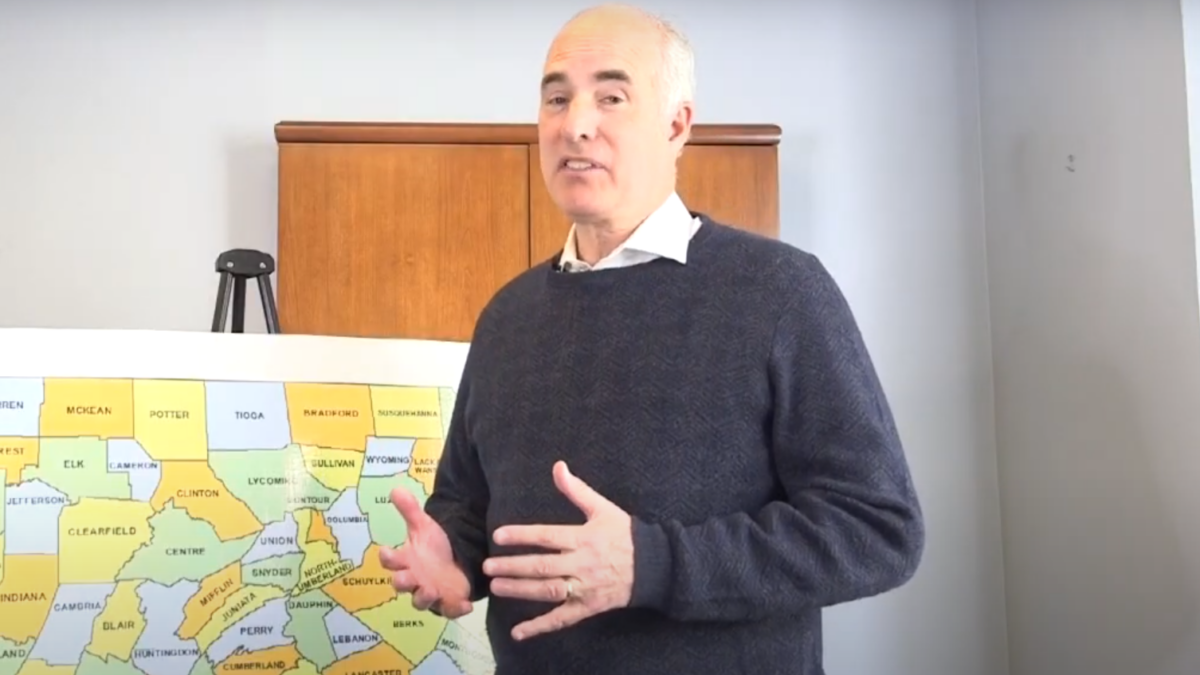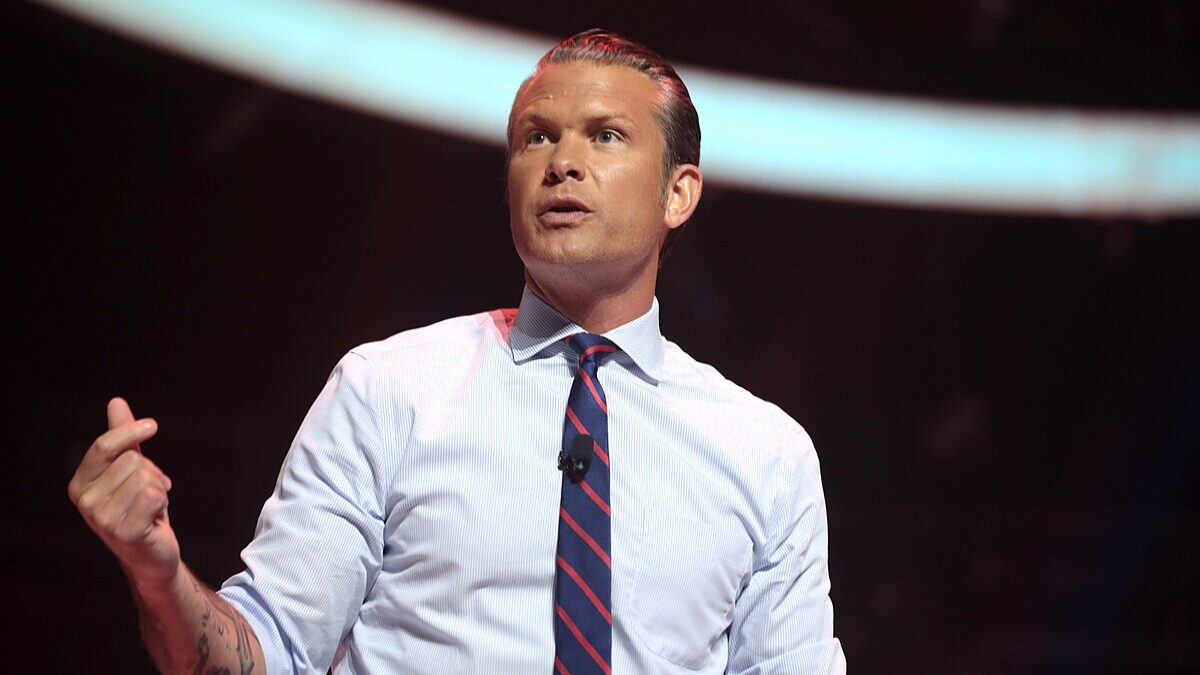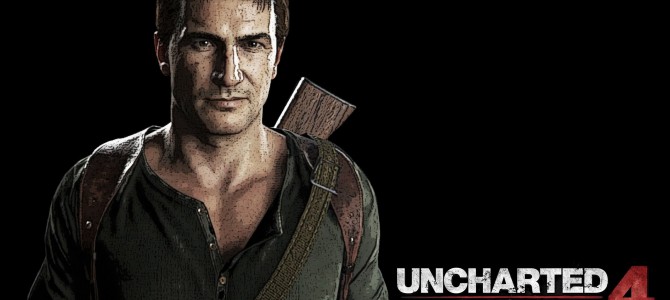
Note: Mild spoilers follow for several things, including “Uncharted 4: A Thief’s End.”
Video games are often dismissed by “critics,” that elusive group containing our social betters and the guardians of all that is pure in culture, as being unable to stimulate real thought or present complex ideas in the same way “literature” or “film” (books and movies, for we native English speakers) can. In essence, these experts claim, the average video game boils down to a variation on solving puzzles with murder, and can therefore never be considered “art” in the same way that (pick your favorite classic book, movie, or song) can.
As an avid gamer, I have always done my best to dispute these claims using whatever intellectual example happens to be relevant at the time (the depth of characterization in “Red Dead Redemption” or moral ambiguity in the ending of “The Last of Us” are two valid but overused examples). However, these arguments never really connected with me on anything other than an intellectual level. That all changed as I completed my first play-through of Naughty Dog’s spectacular new PlayStation 4 game “Uncharted 4: A Thief’s End.”
You see, halfway through the game-filled weekend, a realization hit me: I had a real emotional investment in the success of the characters. In fact, not only was I pulling for one of these characters, Nathan Drake, to succeed in his quest (finding Marco Polo’s Ark of the Holy Temple of Libertalia…or something), I was also willing this character to do the right thing. Above all else, I wanted Nate to tell his wife the truth, resist his brother’s dangerous schemes, and reconcile with his friend Victor Sullivan. I wanted this all to occur outside the game sequences where I was “controlling” him. This was a new sensation for me amid media.
A Distinct Personality Creates an Emotional Investment
It’s easy to forget now, but the idea of a video game character with such a defined and vocal personality as Drake’s was fairly novel when the first Uncharted game was released in 2007. In lesser hands, the choice to create the wisecracking treasure hunter in this manner could have been disastrous. However, Amy Hennig and the expert writers at Naughty Dog were able to take what could have been a walking, talking cliché and imbue him and the rest of the core cast with personalities all their own.
The impact that this has on creating emotional investment in the characters is striking: when you play an Uncharted game, you may “control” Nathan Drake, but his ever-present personality ensures that you never really become Nathan Drake. This fact has the distinct effect of making Drake and company closer to characters from TV or movies, in that they exist as real, human entities: (mostly) separate from the player’s input, as far as their ultimate motivations are concerned.
Therefore, I have spent the last several years playing and replaying the three excellent Uncharted games that preceded “A Thief’s End” and thus developed a natural affinity for the game’s world and characters, much like someone would do with a favorite television show. It could be argued I simply want things to end well for these characters, but this explanation simply does not cover everything.
As a dedicated fan of multiple TV shows (“Chuck” and “Breaking Bad,” in case you were wondering), I understand the empathy one develops for fictional characters over a long-running media format. But while I have sometimes wished for a different outcome for a character, the characters’ actions themselves have been largely irrelevant to me. So while this explanation may be partially correct, it is incomplete.
We’re Rooting for Nathan Drake’s Moral Development
I realized it was the fact that I desired goodness and uprightness in the characters’ actions that made this experience different than any other. The reason may be found by comparing Nathan Drake and his decisions to some other popular contemporary fictional characters. The core conflict in the Drake character has always been between his desire (often encouraged by his partner and eventual wife, Elena Fisher, and to a lesser extent Victor Sullivan) to do the right thing and his human and all-too-natural impulse to do the exact opposite in the face of overwhelming odds and monstrous adversaries.
Consequently, the character’s arc over the course of the first three Uncharted games was one of slow but steady moral progress that always felt earned and never forced. The possibility that he might choose to undo all of that hard work in pursuit of the proverbial “One last score” is disappointing to anyone who has come to know and love the character.
Let me compare this arc to some of the other characters I have enjoyed watching. Take, for instance, the poor souls who inhabit the universe of “Breaking Bad” and its spinoff “Better Call Saul.” The first show, while tremendous in its own right, spells it all out in the title: you’re there to watch a brilliant man make bad decisions on his way to becoming the most feared methamphetamine dealer in the Southwest. Ditto “Better Call Saul,” which chronicles the evolution of Jimmy McGill, a small-time lawyer who initially tries to stay on the straight and narrow, into Saul Goodman, the legally brilliant but morally bankrupt attorney for many of the Southwest’s worst low-lifes, including the drug dealer mentioned above.
Although these shows’ universe may contain a twisted but ever-present moral compass that ultimately ensures evil will be punished in some way, there is nothing inherently desirable about goodness presented in it. Case in point: “Breaking Bad’s” one objectively “good” character, Drug Enforcement Agency agent Hank Schrader, is rewarded in his honorable quest for justice (remember, he’s trying to put away a freaking meth dealer!) with a crippled leg and a bullet to the head in the middle of the desert. Additionally, his ongoing desire to see justice done is presented, if not negatively, at least as a borderline-unhealthy obsession.
Meanwhile, the two main characters in these shows become smarter, more alive, and more entertaining as they abandon “petty morality” in pursuit of their own self interests. In the Uncharted universe, on the other hand, compassion is presented as something that is inherently desirable and commendable, as is also marriage and the desire to be able to go home at night without having had to kill 157 mercenaries who were attempting to steal (whatever MadLibs macguffin you choose to insert here) from you.
Broaden the Net, and Uncharted Is Still Singular
What about the complex morality of “Daredevil,” another currently popular show? In it, Matt Murdock, blind lawyer by day and crime-fighting superhero by night, struggles to balance his faith, friends, and work, with varying degrees of success. However, strains of convenient “television idiocy” run through the show and further serve to highlight the achievements of “A Thief’s End.” When Murdock lies to “protect” someone, particularly in season two, it often seems contrived to generate drama and may leave viewers asking, “Why couldn’t he just say X?”
Conversely, while there were many moments in Uncharted 4 where I so desperately wanted a character to say something to clear up a situation, I always understood why they couldn’t and wouldn’t. The characters’ decisions made sense given their (human) natures and the contexts they found themselves in. This ability on the game’s part to convey the very essence of a character’s motivations just fed even more into my desire to see them overcome their natures and ultimately do what was right.
Finally, what of other video games? After all, isn’t the idea of choice and agency a central theme in many games? Well, let’s take a brief rundown of some famous recent(ish) games:
Bioshock: A vicious satire of the very idea of choice, and an exploration of the depths of darkness to which unbridled human nature can descend, this game vividly and effectively illustrates one half of a Calvinist worldview, but has none of the redeeming qualities of the other half. Still, a great game.
“Grand Theft Auto IV” (GTA): An even more vicious satire on the idea of choice, where, in the end, no matter which “choice” you make, someone you love still dies. This would almost be tragic if your main character weren’t a sociopathic war criminal (and that’s not even counting what you can do outside of the main story).
“Red Dead Redemption”: Another fantastic game from GTA’s developer Rockstar Studios, this game does have a great deal of depth and nuance to it; however, it ultimately rewards the desire for normalcy and peace with—you guessed it—violent death, thereby implicitly confirming the idea that rules are for suckers.
Assassin’s Creed (take your pick of which): “Nothing is true; everything is permitted.” That’s the assassin’s creed. There’s no way this can end badly, is there?
The point here is not to put down these games and shows, all of which I’ve watched, played, and continue to enjoy. Instead, I am simply observing the degree to which cynicism, relativism, hopelessness, and an overall upside-down view of the world have completely pervaded so much of our culture. It is therefore a rare and amazing experience to be presented with a character and a franchise that encourage me to support the right actions for the right reasons.
We need more characters like Drake, and they used to be more common; however, as our culture becomes further and further unmoored from the truth and acceptance of God’s laws and principles, it makes the creation of characters who accept them more unlikely. Although I’m young, I highly doubt I will see anything else quite like Nathan Drake and the Uncharted franchise again in my lifetime, but I am very glad that I had the opportunity to experience them now.




